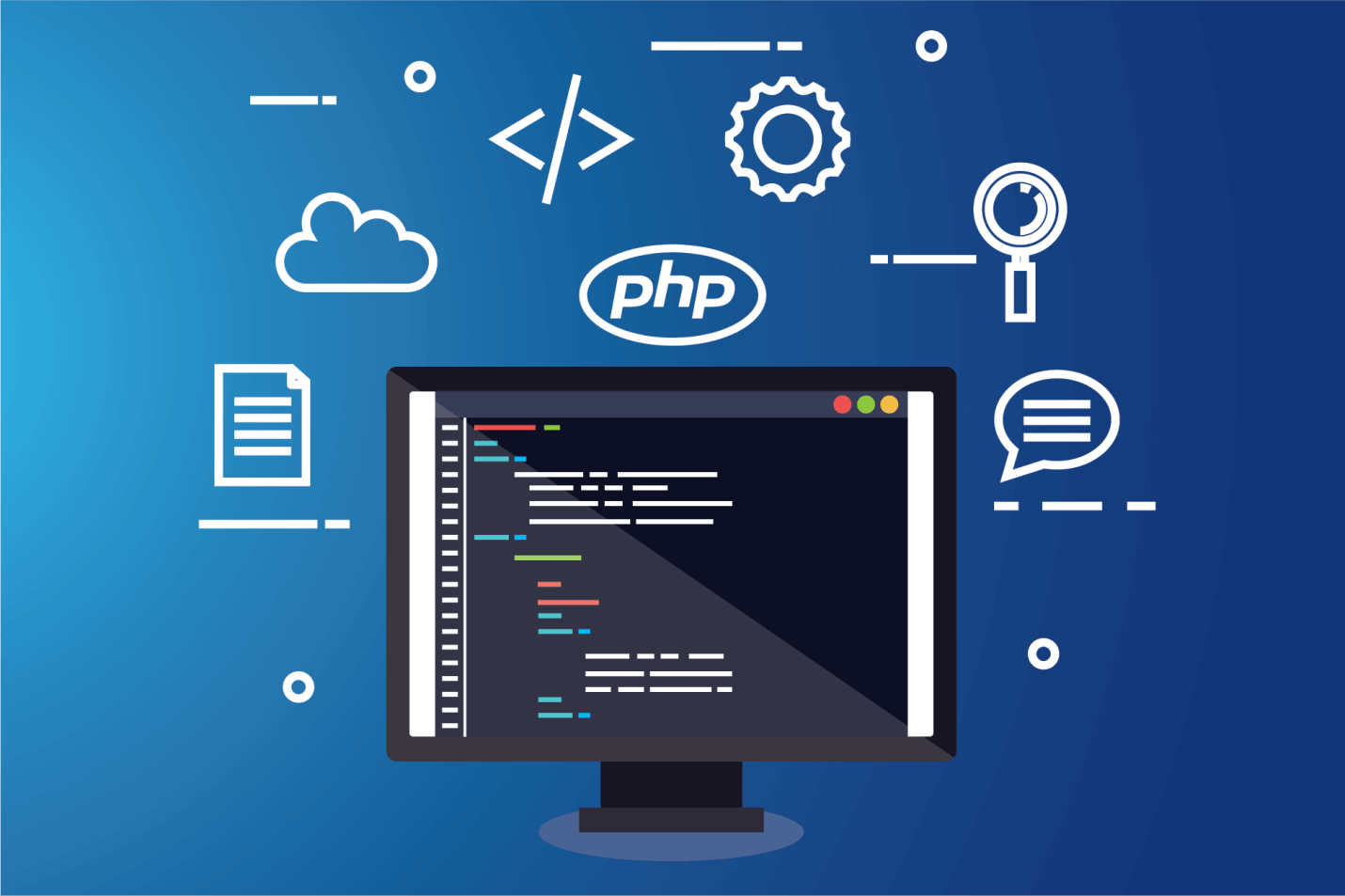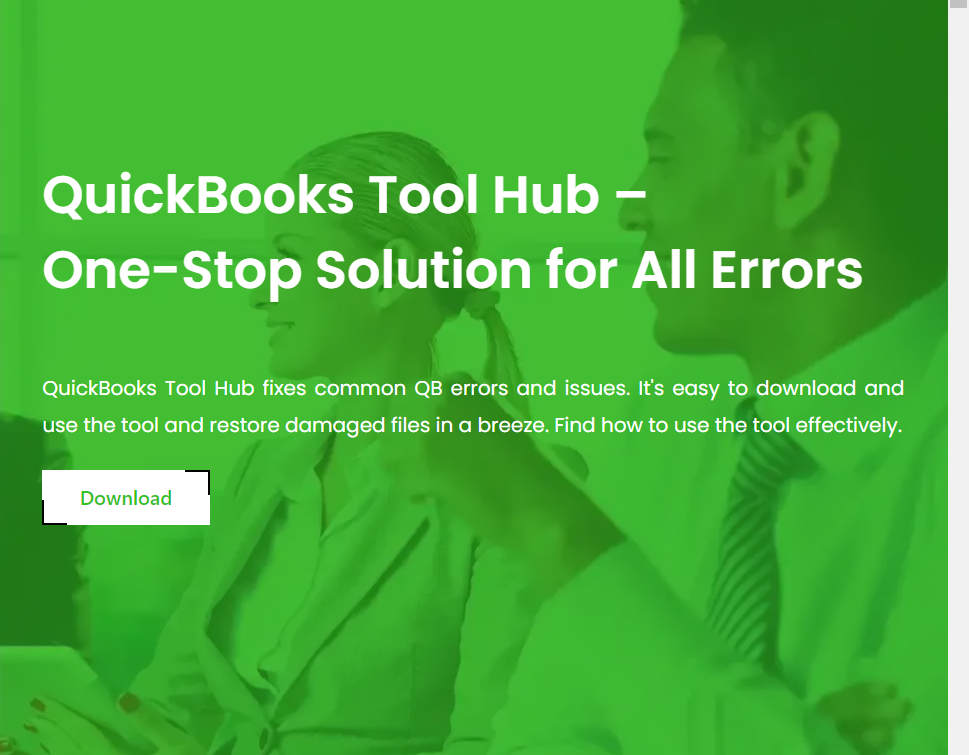The prospects for learning and collaboration provided by the ever-expanding digital environment in the field of education are unparalleled. However, with this digital change comes the need to provide students and instructors with a safe and effective online environment. Netfilter is a popular choice for schools. It protects student’s privacy and blocks harmful websites, among others.
As we look ahead to 2024, the development of Netfilter software for educational institutions is anticipated to bring forth a plethora of advancements that will completely change how these institutions manage the intricacies of cybersecurity.
1: Enhanced AI Threat Detection
In 2024, the strength of artificial intelligence (AI) will be at the core of Netfilter software for schools. Modern AI algorithms will be used to detect threats, allowing web filtering software to dynamically adapt to new dangers.
This proactive security mechanism makes sure that possible dangers are quickly detected and eliminated, giving children a safe digital environment in which to explore and learn.
2: Customized Filtering for Educational Content
One of the pillars of Netfilter’s evolution will be to adapt content filtering to the particular requirements of educational institutions. The program will use a more subtle approach, enabling schools to alter filtering rules to fit their instructional goals.
Teachers can make sure that kids have access to worthwhile instructional materials while also keeping an eye out for any material that could be detrimental.
3: More Focus on Digital Citizenship Education
In 2024, Netfilter for schools will move beyond its function as a security tool and transform into an essential component of the teaching of digital citizenship. The program incorporates elements meant to teach pupils how to behave responsibly online.
Beyond creating a secure online environment, this all-encompassing strategy actively promotes the growth of the knowledge and abilities required for students to properly navigate the digital world and make thoughtful decisions in their online interactions.
4: Parents Participation Tool
Given the significance of a team effort, web filtering software for schools will offer resources for parental participation. Parents will have access to tools for monitoring and filtering, enabling them to extend Netfilter’s security to the home setting.
This collaboration encourages a unified approach to online safety by guaranteeing consistency between the digital experiences at home and school.
5: Real-Time Monitoring and Reporting
A crucial component of 2024’s Netfilter software for schools will be improved real-time monitoring and reporting capabilities. The instantaneous monitoring of internet activity on the school network by administrators makes it possible to quickly identify any potential security threats or objectionable content.
Administrators can gain important knowledge about internet usage trends thanks to the incorporation of powerful reporting tools. This not only makes it easier to respond to threats right away, but it also makes it easier to fine-tune filtering policies, assuring a flexible and dynamic approach to maintaining a secure online learning environment.
6: Privacy Centric Filtering
Netfilter for schools in 2024 pledges to use privacy-centric filtering techniques in response to the growing attention being paid to data privacy. This evolution shows that strong security measures are prioritized alongside user privacy.
The program makes sure that students’ online activities are protected and promotes a secure online setting. This promise, which is in line with new privacy laws, demonstrates a commitment to maintaining the highest levels of data protection.
Also, it fosters user confidence and guarantees that private data is kept private inside the educational environment.
7: Collaboration with Educational Platforms
In 2024, numerous educational platforms and Netfilter software for schools will work together without any issues. Whether it’s research databases, collaborative platforms, or virtual learning tools, Netfilter will make sure that its filtering policies comply with these platforms’ specifications.
Through the provision of uninterrupted and safe access to educational resources, our collaboration enhances the learning experience.
8: Continuous Training for Educators
Netfilter software for schools will provide ongoing training sessions in recognition of the role of educators as major stakeholders. The ability to traverse the rapidly changing digital environment, comprehend Netfilter functionalities, and contribute to the development of a secure online learning environment will be provided to educators.
Instructors are given the tools they need to teach kids safe and effective online behavior by making this professional development investment.
9: Integration with the Learning Management System
A key development in the future of Netfilter for schools is the seamless integration of learning management systems (LMS). This integration will simplify the monitoring and filtering of online content in the context of education.
Together with the LMS, Netfilter will synchronize web filtering practices to perfectly complement institutional learning goals.
The result is a setting where the digital learning process is streamlined, supporting educational objectives while also guaranteeing a secure online environment for both students and educators.
At The End
The Netfilter software for schools has a bright future as we enter 2024, but it also carries a lot of responsibility. Educational institutions can ensure a safe digital environment as well as a transformative and rewarding online learning experience for students by implementing these predicted trends.
The development of Netfilter demonstrates a dedication to encouraging digital literacy, teamwork, and appropriate online behavior in the following generation of learners.
Read More: Customizing Web Filters for Different Age Groups: Limiting Internet Access





